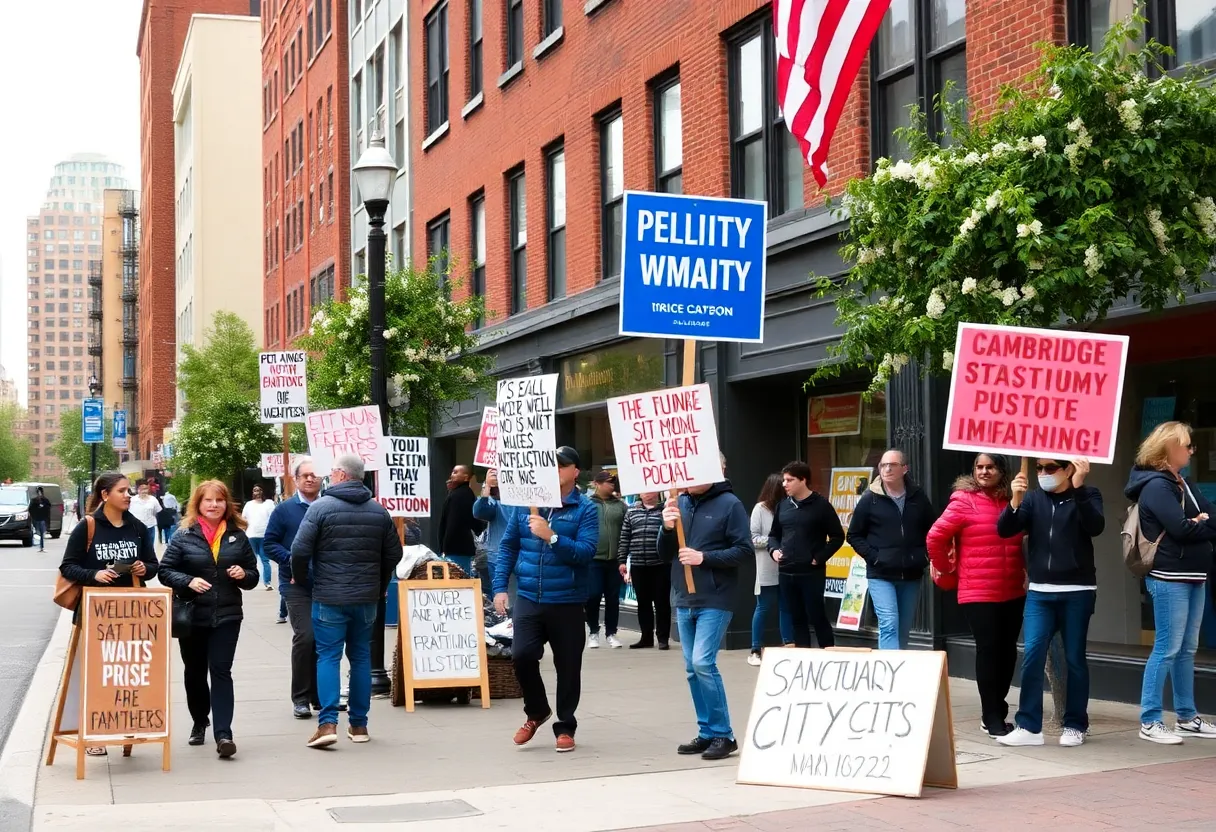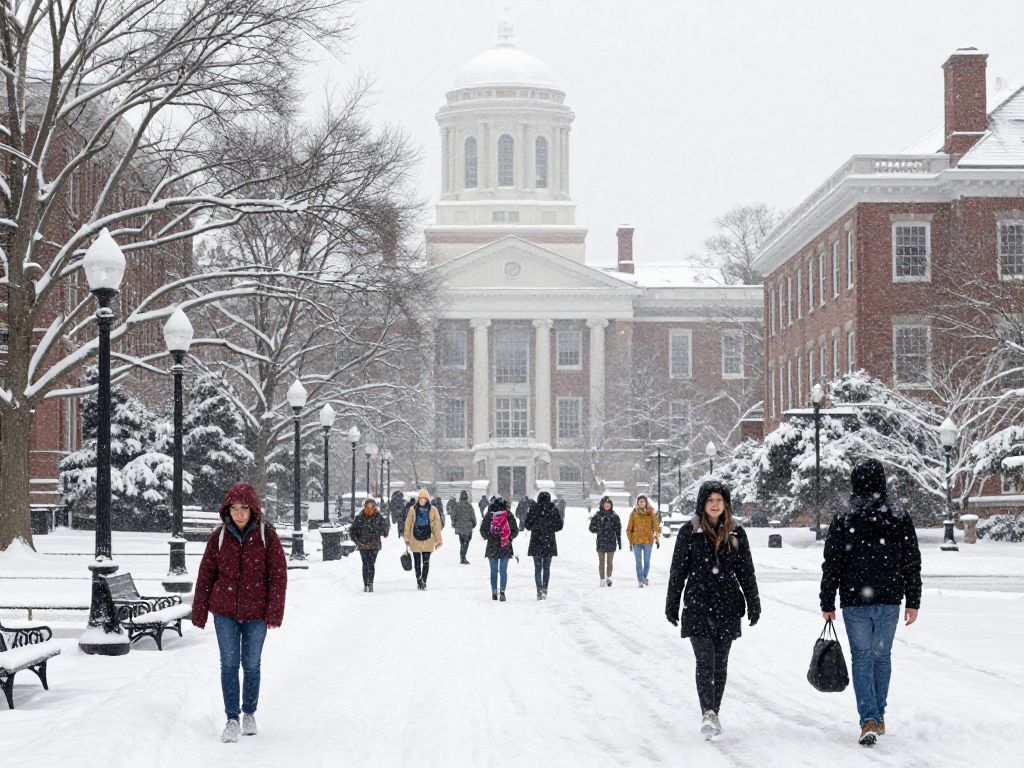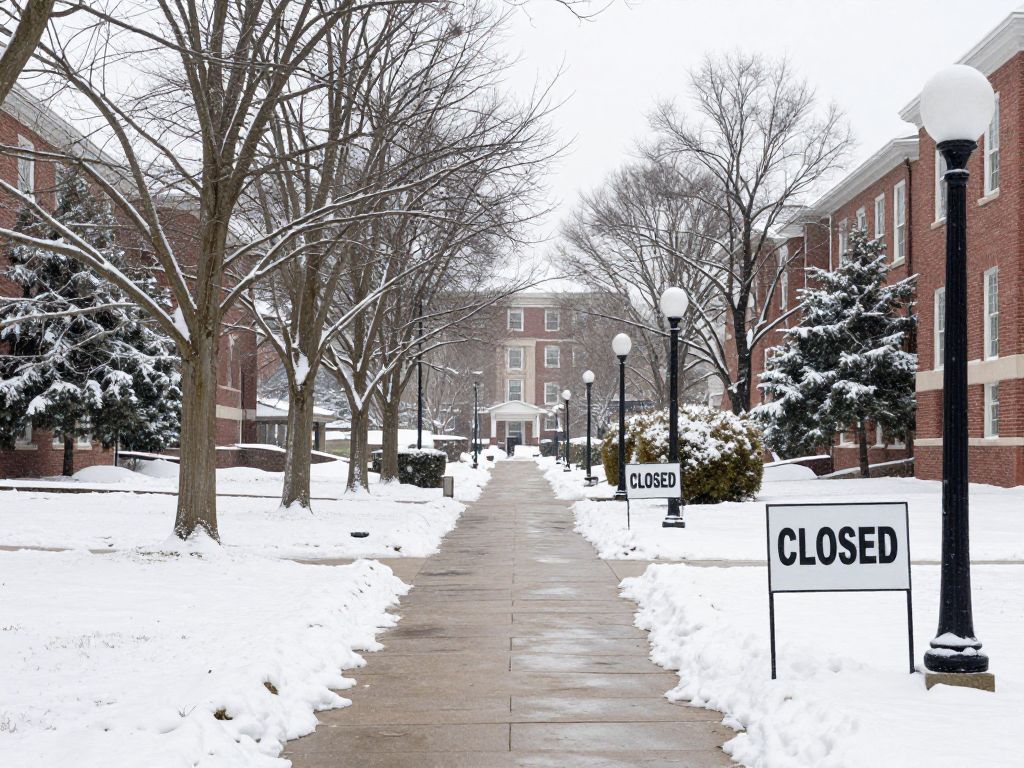News Summary
The Department of Homeland Security has identified Cambridge and Boston as sanctuary cities, accusing them of defying federal immigration laws. This scrutiny reflects increasing tensions between local ordinances aimed at protecting undocumented immigrants and federal immigration enforcement. The cities, which have enacted sanctuary policies to limit cooperation with ICE, are being warned by the DHS to align with federal laws or face constitutional challenges. These developments have sparked protests and raised concerns about public safety in the communities.
Cambridge and Boston Face Federal Scrutiny Over Immigration Policies
The Department of Homeland Security (DHS) has identified Cambridge and Boston among over 200 sanctuary cities and counties across 36 states accused of defying federal immigration laws. The announcement highlights the ongoing tensions between local jurisdictions and federal immigration enforcement, as the DHS claims that sanctuary cities endanger law enforcement by protecting what they describe as “dangerous criminal illegal aliens.”
The DHS plans to send formal notifications to local jurisdictions deemed non-compliant, indicating potential violations of federal laws. As of now, Cambridge’s City Manager Yi-An Huang stated that they have not received any communication from the DHS regarding non-compliance. The recent DHS announcement comes in the wake of an executive order issued in April that directed Secretary of Homeland Security Kristi Noem and Attorney General Pam Bondi to single out areas that refuse to enforce federal immigration policies.
Localities identified as noncompliant will be instructed to align their policies with federal immigration laws, with an emphasis on their obligation to prioritize the protection of American citizens above undocumented individuals. Both Cambridge and Boston have adopted sanctuary policies that limit cooperation with federal immigration enforcement. Cambridge established its sanctuary city ordinance in 1985, while Boston enacted a similar policy in 2014.
Sanctuary cities typically discourage routine inquiries into residents’ immigration status. Despite previous efforts by the Trump administration to cut federal funding to these jurisdictions, courts have generally upheld the legality of sanctuary city policies. Federal law does not require local governments to assist with civil immigration enforcement, although they cannot obstruct immigration arrests.
In recent months, both Cambridge and Boston have experienced an uptick in activity from Immigration and Customs Enforcement (ICE) agents, even without the collaboration of local police. For instance, Cambridge recently recorded its first confirmed ICE arrest, despite the Cambridge Police Department’s refusal to cooperate with the federal agency. Reports indicate that ICE arrested a woman who had been released from local custody.
The city manager of Cambridge described the community as a Welcoming Community and expressed opposition to the federal administration’s methods of immigration enforcement. In Boston, residents in the Allston-Brighton neighborhood have reported a noticeable increase in the presence of ICE agents over the past month, although the agency has not disclosed specific details of its operations. Recent arrests conducted by ICE in surrounding areas have incited protests and considerable outrage among community members.
The DHS announcement also specifically targeted elected officials in the identified jurisdictions, labeling them as “sanctuary politicians” who purportedly provide refuge to criminal undocumented immigrants. Boston’s Mayor, Michelle Wu, testified before Congress earlier this year regarding the city’s immigration policies and the challenges faced by local officials navigating federal oversight.
The registry of noncompliant jurisdictions as designated by the DHS is subject to periodic evaluations and updates. As tensions over immigration policies continue to escalate, the national dialogue on the role of sanctuary cities in the broader context of federal immigration enforcement remains a significant and contentious issue.
Deeper Dive: News & Info About This Topic
HERE Resources
Boston Initiates $2.1 Million Immigrant Support Grant Program
DHS Identifies Over 500 ‘Lawless’ Sanctuary Jurisdictions in the US
Bob Nelson Retires from SBA Amid Office Relocation
ICE Detainment on Mother’s Day Raises Community Concerns
Intensified ICE Operations Stir Anxiety in Massachusetts
Mayor Wu Defends Taxpayer Spending on D.C. Trip
Mansfield Residents Reject Immigration Resource Petition
Boston’s Future at Risk Amid Federal Funding Cuts
Judge Dismisses Contempt Case Against ICE Agent in Boston
Rising Tensions in Boston Over Immigration Policies
Additional Resources
- The Crimson: Cambridge and Boston Sanctuary List
- Bloomberg: Boston Pushes Harvard for Money
- Caledonian Record: Foreign Students Seek to Quit Harvard
- Washington Post: Federal Judge Blocks Trump on Sanctuary Cities
- Wall Street Journal: What Trump Can Do About Sanctuary Cities
- Wikipedia: Sanctuary Cities

Author: STAFF HERE BOSTON WRITER
The BOSTON STAFF WRITER represents the experienced team at HEREBoston.com, your go-to source for actionable local news and information in Boston, Suffolk County, and beyond. Specializing in "news you can use," we cover essential topics like product reviews for personal and business needs, local business directories, politics, real estate trends, neighborhood insights, and state news affecting the area—with deep expertise drawn from years of dedicated reporting and strong community input, including local press releases and business updates. We deliver top reporting on high-value events such as Boston Marathon, Head of the Charles Regatta, and Boston Harborfest. Our coverage extends to key organizations like the Greater Boston Chamber of Commerce and Associated Industries of Massachusetts, plus leading businesses in finance, biotech, and insurance that power the local economy such as Fidelity Investments, Biogen, and Liberty Mutual Insurance. As part of the broader HERE network, we provide comprehensive, credible insights into Massachusetts's dynamic landscape.





